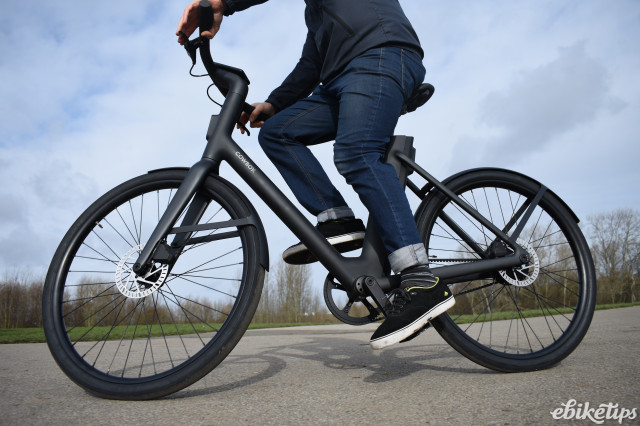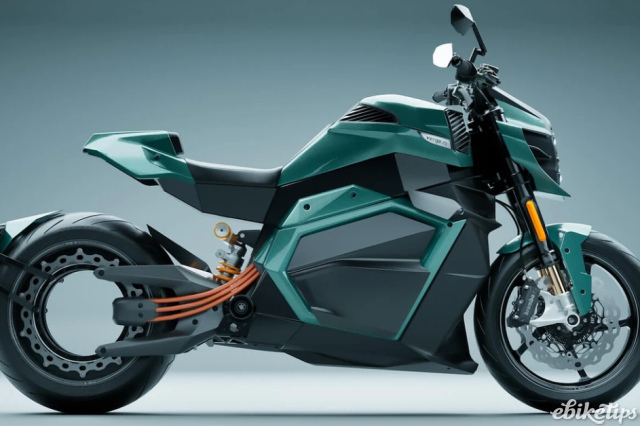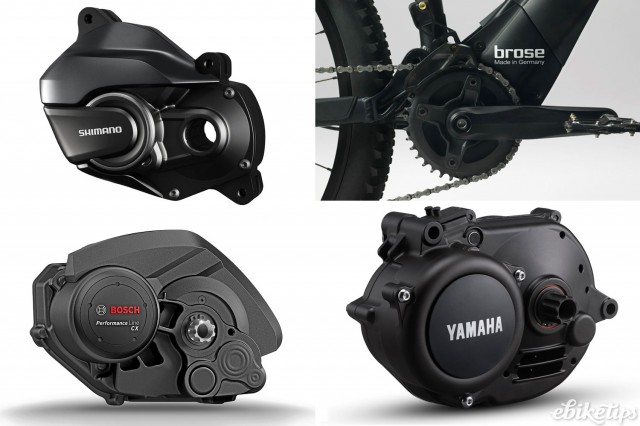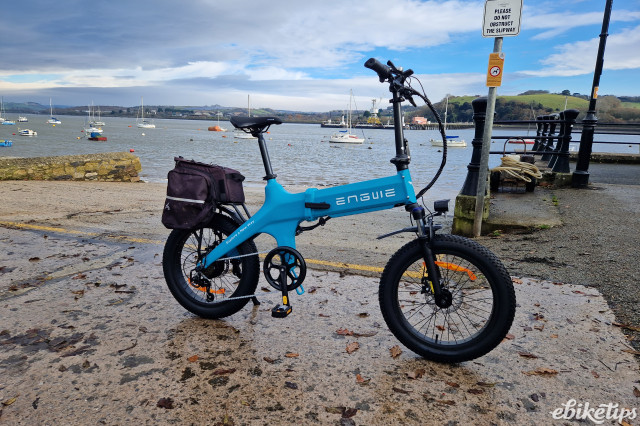For the first time in five years, UK sales of e-bikes have dipped. Market research firm Mintel does however predict a return to faster growth in the market from 2024 onwards.
E-bike sales have tripled in the past five years from around 55,000 bikes sold in 2017 to 160,000 in 2021. This is however expected to have fallen to an estimated 155,000 bikes in 2022.
The value of the market has risen similarly, from £65m in 2017 to £330m in 2021. The value of 2022 sales is expected to be £310m.
Falling consumer demand and supply chain problems mean the overall cycling market has seen a sharp downturn in the past 18 months. The average cost of an e-bike has also risen by over 25 per cent since the start of COVID-19.
Mintel does however believe that the e-bike downturn will be minor and relatively short-lived with a return to “faster growth” in 2024.
Mintel’s Paul Davies said: “Cost is seen by consumers as the biggest barrier to e-bike sales, and the weakness of the pound is likely to push prices higher in this heavily import-led market.
“Although e-bike customers tend to be relatively affluent, a protracted cost-of-living crisis and income squeeze are likely to delay purchase decisions and some consumers will be priced out of the market. The lack of e-bike purchase subsidies from the government (as seen in other countries) also continues to act as a barrier.”
Cost of living
A YouGov poll in November found that the cost of living is now seen as the foremost motivation for e-bike usage. This echoed the findings of an earlier poll conducted by cycle advocacy campaign Bike is Best, which revealed that 69 per cent of Britons are reconsidering their travel habits with half of respondents declaring that e-bikes are the most 'natural' car replacement.
Mintel’s research found that 55 per cent of consumers agree that the rising cost of petrol and public transport has made e-bikes more appealing, with 44 per cent agreeing that e-bikes/e-scooters should be used to replace short journeys that would otherwise be made using other forms of motor transport.
43 per cent of adults said they would be interested in test-riding an e-bike and 34 per cent would be interested in test-riding an e-scooter.
Around 90 per cent of e-bike sales are hybrid/city bikes or e-MTBs at the moment, but Mintel identifies “significant potential” for e-cargo bikes with 47 per cent of Brits agreeing that they should be used for deliveries in cities instead of vans.
With regards to marketing, Davies added: "Brands would benefit from promoting the ‘wellness plus fun’ angle of e-bikes, positioning health benefits — physical and mental — combined with a focus on how e-bikes bring fun to transport. E-bikes offer a more leisurely option, supplementing the still popular, Lycra-clad, performance cycling ethos."




